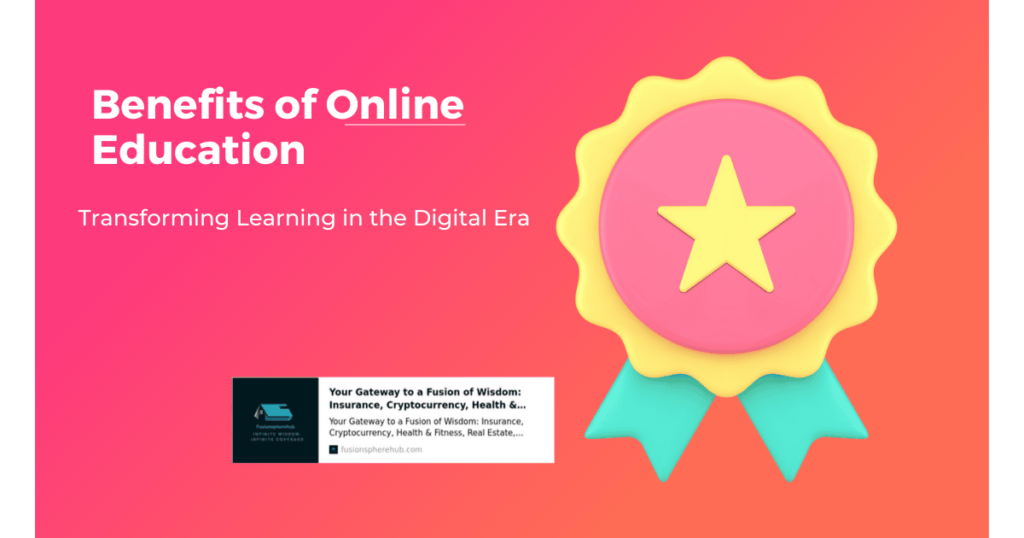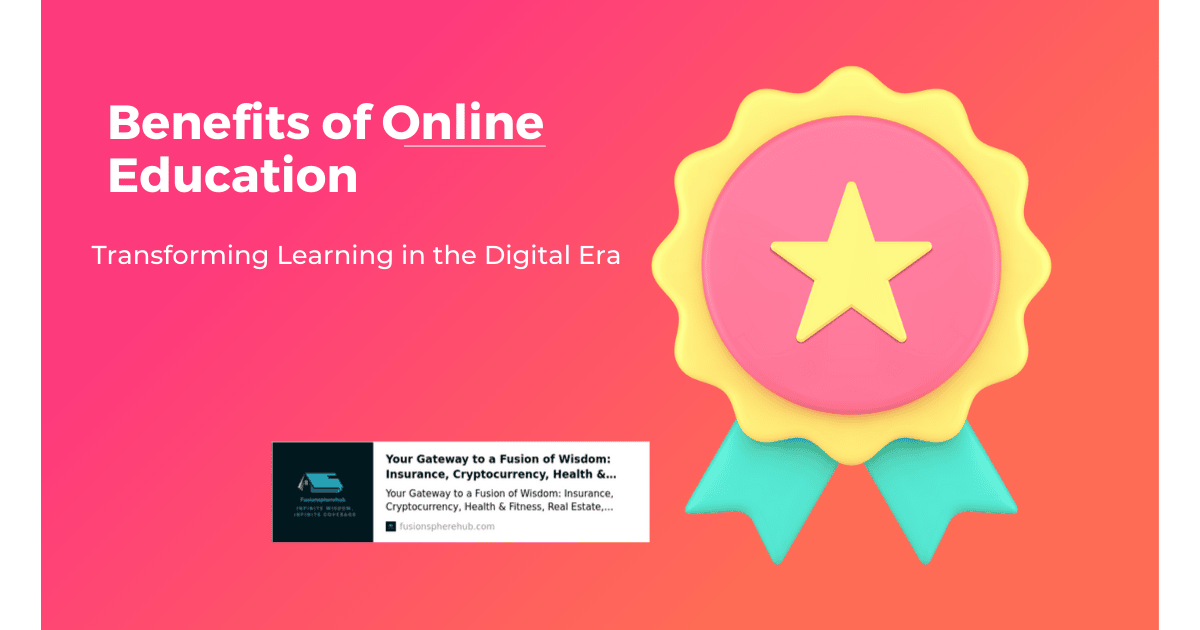In the dynamic world of education, online learning has emerged as a powerful tool for students across the USA. Terms like online learning, online courses, distance learning, and e-learning have become commonplace, reflecting a significant shift towards this mode of education. This content explores the myriad advantages of online education, crafted specifically for a US audience.

Flexibility and Convenience
One of the most celebrated benefits of online education is its flexibility and convenience. Traditional classroom settings require students to be present at specific times and locations, which can be restrictive. Online education, however, allows students to learn from anywhere, whether at home, a coffee shop, or while traveling. This flexibility is particularly advantageous for individuals juggling work, family commitments, or other obligations.
Personalized Learning Schedules
Online courses empower students to learn at their own pace. This self-paced learning model is ideal for those who may need more time to grasp certain concepts or prefer to learn in shorter, more frequent bursts. The ability to revisit lectures and materials as needed ensures a deeper understanding of the subject matter.
Wider Course Availability
Geographical barriers are virtually nonexistent in online education. Students can access courses from prestigious universities and institutions across the USA and internationally. This wide availability means students are no longer limited to the programs offered by local institutions. They can enroll in specialized courses that may not be available in their immediate vicinity, broadening their educational horizons.
Access to Prestigious Institutions
Online learning platforms like Coursera, edX, and others partner with renowned universities, offering students the chance to learn from world-class professors. For instance, a student in a rural part of the USA can take courses from Ivy League schools or other top institutions, gaining access to high-quality education without relocating.
Affordability
Cost is a significant factor in choosing an educational path, and online education often proves to be more affordable than traditional on-campus programs. Reduced overhead costs for institutions—such as maintenance of physical facilities—translate into lower tuition fees for students. Online education eliminates the additional costs often associated with traditional on-campus programs, such as commuting expenses, housing fees, and other living expenditures.
Financial Aid and Scholarships
Many online programs offer financial aid and scholarships similar to their on-campus counterparts. This financial assistance can make online education even more accessible and affordable for a wider range of students.
Improved Time Management Skills
Online education inherently requires students to manage their time effectively. Balancing coursework with other responsibilities fosters valuable time management skills. Students learn to prioritize tasks, set goals, and adhere to deadlines—skills that are crucial in both academic and professional settings.
Enhanced Technological Skills
Engaging in online education involves using various digital tools and platforms, which can significantly enhance students’ technological proficiency. Skills such as navigating learning management systems, participating in virtual meetings, and utilizing online research resources are invaluable in today’s tech-driven world.
Real-World Applications
The technological skills gained from online education are directly applicable to many career fields. Proficiency in software like Zoom, Microsoft Teams, and other collaborative tools is increasingly sought after by employers.
Diverse Learning Materials and Resources
Online education offers a rich array of learning materials. Students have access to video lectures, interactive exercises, downloadable resources, and online discussions. This diverse range of resources caters to individual learning styles, fostering a more immersive and impactful educational journey.
Interactive and Engaging Content
Interactive content, such as quizzes and discussion forums, promotes active learning and student engagement. These tools help reinforce knowledge and provide immediate feedback, enhancing the overall educational experience.
Global and Diverse Perspectives
Online education connects students with instructors and classmates from around the world. This global interaction fosters a diverse learning environment where students can gain insights from different cultural perspectives. Such exposure broadens students’ understanding of global issues and promotes cultural awareness.
Networking Opportunities
The international nature of online education also provides networking opportunities that extend beyond local or national boundaries. Students can build professional relationships with peers and instructors worldwide, which can be beneficial for future career opportunities.
Career Advancement Opportunities
Online education offers a plethora of opportunities for career advancement. Many online programs are designed to provide specific skills and qualifications tailored to particular industries. Whether it’s acquiring new skills for a current job or transitioning to a new career field, online education can be a catalyst for professional growth.
Specialized Courses and Certifications
Online platforms often offer specialized courses and certifications that are highly regarded by employers. These credentials can enhance a resume and improve job prospects in a competitive market.
Conclusion
The benefits of online education are numerous and impactful. From the flexibility and convenience of learning at one’s own pace to the wide availability of courses from prestigious institutions, online education is transforming the educational landscape in the USA. It offers affordability, improved time management skills, enhanced technological proficiency, diverse learning materials, global perspectives, and significant career advancement opportunities. As online education continues to evolve, it will undoubtedly play a crucial role in shaping the future of learning.
Disclaimer: The information provided in this content is for informational purposes only and should not be construed as professional advice. For specific advice tailored to your needs, consider consulting with a qualified professional.
Expand your knowledge. Explore a vast range of online learning resources in our online learning section.
